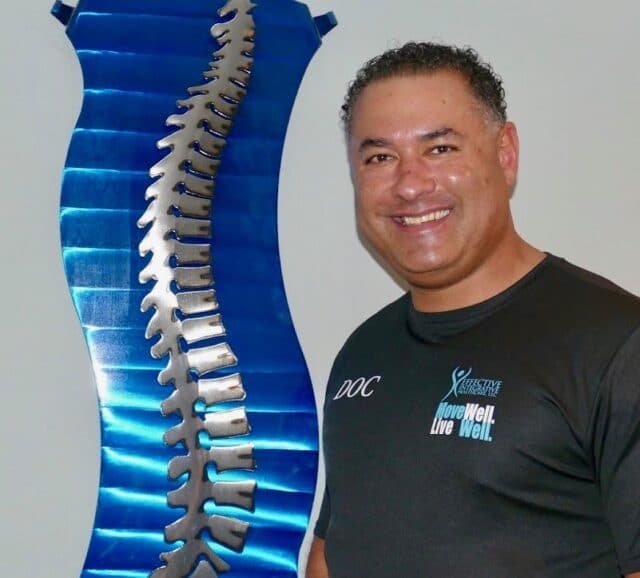
Effective Integrative Healthcare – PG County
7400 Riverdale Road
Lanham, MD 20706
Effective Integrative Healthcare – Millersville
683 Old Mill Road
Millersville, MD 21108
Effective Integrative Healthcare, LLC

More Pain Management & Rehabilitation Articles
Five Pain Management Alternatives To Painkillers
Governor Hogan’s recent state of Maryland initiatives in launching an emergency task force to combat the devastating heroin and opioid epidemic has raised awareness among citizens to seek out alternative treatments for pain relief and the management of chronic pain.
The health care industry has long been aware of the problem, with more and more medical professionals utilizing alternative multimodality treatments to decrease the use of painkillers. The Centers for Disease Control and Prevention reported that in 2014, almost two million Americans abused or were dependent on painkillers, and as many as one in four people who receive painkillers long term for non-cancer pain in primary care settings struggles with addiction.
In a 2016 interview for Healthline News, Dr. Wilson Compton, National Institute on Drug Abuse said “Most of the heroin users now, their first opioid exposures are the painkillers. That’s true for at least 80% of today’s heroin addicts,” he said. “That’s very different than 30 or 40 years ago, when the first opioid was heroin.”
With these troubling findings, it’s now more important than ever for the public to review and understand all of their options when seeking out medical relief from pain, to avoid becoming another statistic. And alternative pain management treatments are also needed for recovering drug and alcohol addicts dealing with pain. Not to say that painkillers are unnecessary under all circumstances, however, even under circumstances when a pharmaceutical approach is necessary; developing a conservative strategy with a combination of pain management and physical therapies can shorten the time of painkiller usage and help patients reduce their risk for developing a dependency/addiction.
The other thing to keep in mind is that while painkillers may make you feel better temporarily, you are only masking the symptoms and not treating the source of the problem that is more likely to provide for longer-term relief.
We recommend patients consider the following alternatives to pain drugs
Chiropractic. Doctors of Chiropractic are the most sought out alternative healthcare providers in the United States and provide many safe and research proven manual therapies such as adjustment (manipulation of the spine or extremities), physical therapy, and other methods to treat common complaints including back pain, neck pain, pinched nerves, and headaches to mention a few. You don’t need a referral to see them and they are fully trained to diagnose your pain concerns.
Massage. Licensed Massage Therapists (LMT’s) can work along doctors to help with many muscular issues that contribute to pain and excessive painkiller use. The right types of massage have shown in many studies to help beyond just relaxation, as most attribute the therapy for.
Dry Needling. This technique used by mostly physical therapists, chiropractors and acupuncturists to treat trigger points, tendonitis, and other soft tissue injuries, utilizing acupuncture needles to speed up the patient’s healing time.
Acupuncture. The ancient treatment has been around since 100 BC and helps with many pain-related conditions. It uses solid skinny needles that patient’s often don’t even feel to treat certain meridians and areas of the body that have blocked energy or “Qi”. This therapy is used on its own and also in conjunction with other treatments.
Trigger Point Therapy. This is a medical procedure done at our integrative office by a nurse practitioner using a combination of lidocaine, and sometimes with a natural anti-inflammatory, Traumeel. This is used on muscle spasms and trigger points along the muscles. Trigger points are little nodules that form in the muscles that have been injured, stressed or over-worked.
Other Articles You May Find of Interest...
- How to Promote Bone Fracture Healing? Tips for Faster Healing
- Managing Chronic Back and Neck Pain
- Pervasiveness Of Pain
- Effective Solutions for Lower Back Arthritis: Medial Branch Blocks and Radiofrequency Ablation
- Spinal Compression Fracture Treatment Options
- Hiatal Hernia: A Common Cause For Heartburn
- Prevent and Treat Osteoporosis

















